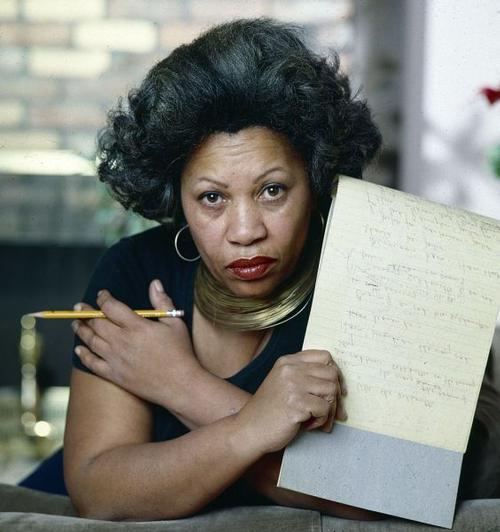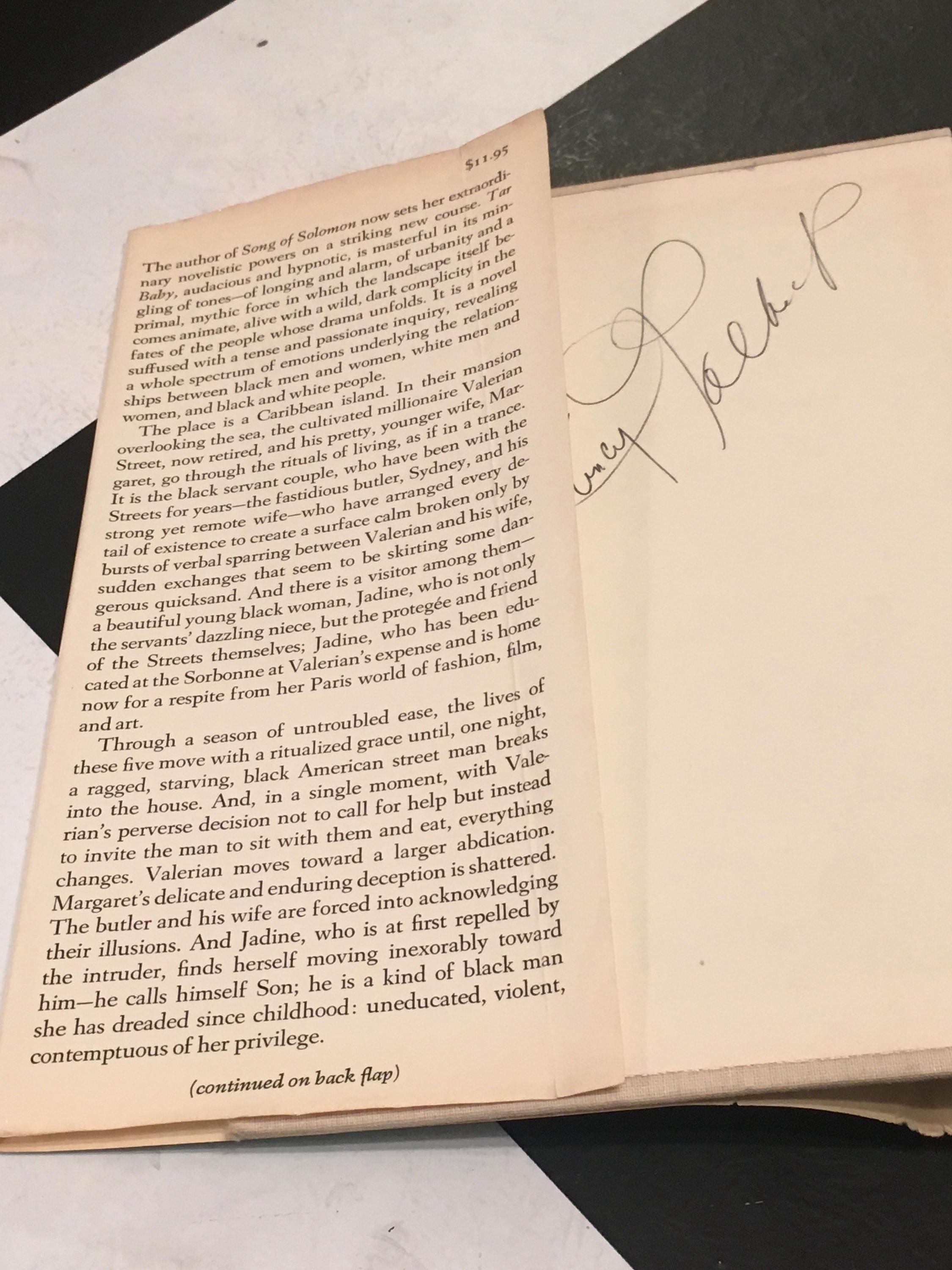
But I did feel a need to express the sudden intensity of parenting a young child without the support systems of school or community. I had no interest in a novel dealing with masks or case counts.

When I sat down to write about my family’s pandemic experience, I used a similar approach to DeLillo’s. At the level of the zeitgeist, Don DeLillo addressed Midwestern ennui and Reagan-era anxiety under the fog of the same in 1985′s “White Noise.” His narrative trick was to transmute fear of a mushroom cloud into another specter entirely called the airborne toxic event. Gary Shteyngart has confronted the pandemic already with “Our Country Friends,” a novel about bubbling up during COVID-19. Ian McEwan’s “Saturday” conveyed the ambivalent mood in Britain leading up to the invasion of Iraq soon after it occurred. George Orwell’s “Homage to Catalonia” - arguably a cheat, because it is nonfiction - memorably captured the Spanish Civil War in real time.

On the other hand, contemporaneous literature is capable of finding raw truth.


 0 kommentar(er)
0 kommentar(er)
